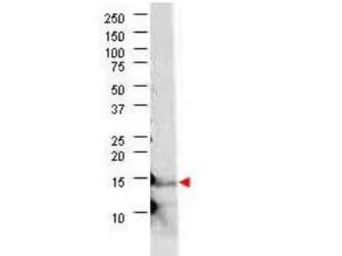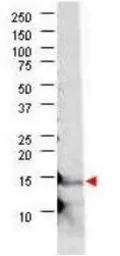IL21 antibody
Cat. No. GTX48814
Cat. No. GTX48814
-
HostRabbit
-
ClonalityPolyclonal
-
IsotypeIgG
-
ApplicationsWB ELISA
-
ReactivityBovine, Pig, Horse

